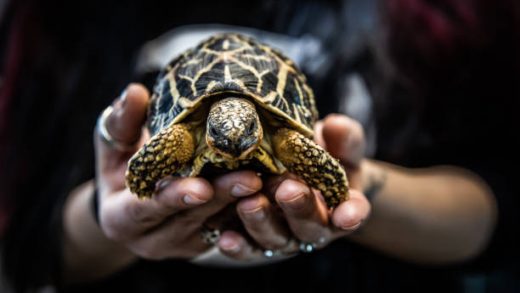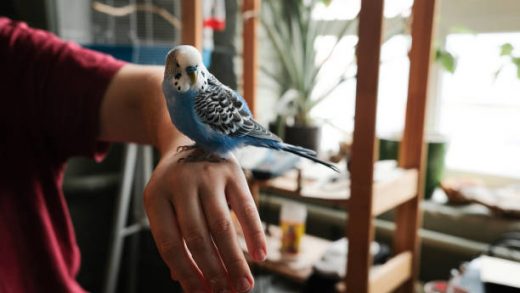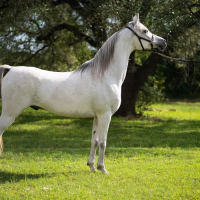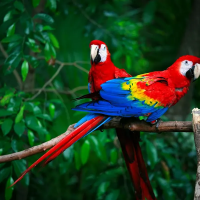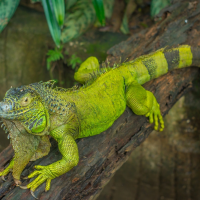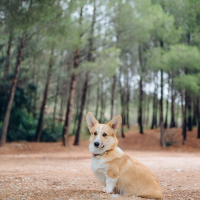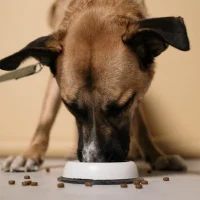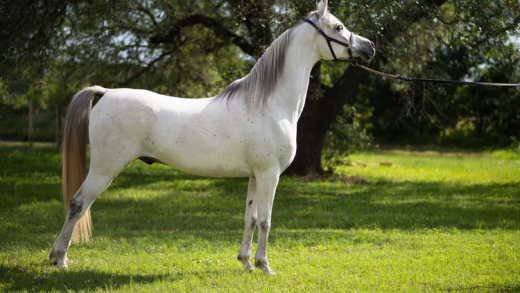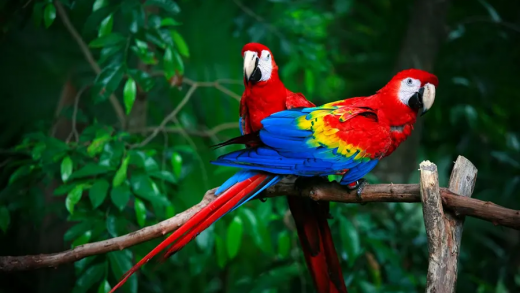Owning an exotic pet can be a joyful experience but it also presents unique problems, particularly in terms of feeding. Exotic pets including reptiles, amphibians, birds and tiny mammals require particular diets to flourish. Understanding these dietary requirements is critical to their health and well-being. This book will provide an overview of some common exotic pet nutritional requirements as well as recommendations on how to meet them.
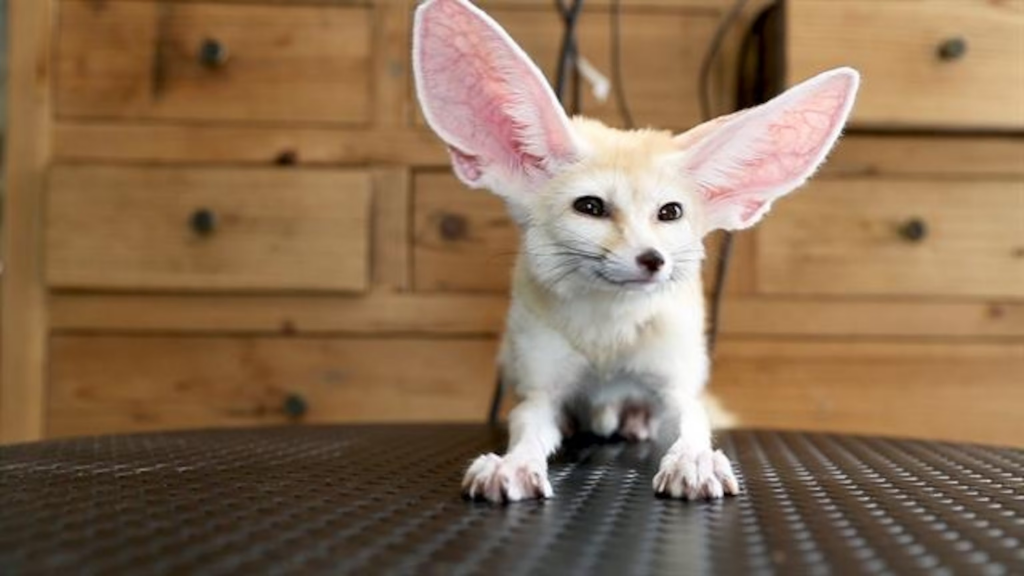
Table of Contents
Reptiles

Bearded Dragons
Bearded dragons are omnivorous which means they consume both plant and animal stuff. Their diet should include a variety of insects (such as crickets and mealworms) and vegetables. Juvenile bearded dragons require more protein, thus their food should be 80% insects and 20% vegetables. As they grow, the ratio should change to 20% insects and 80% vegetables. Include leafy greens such as collard greens, mustard greens and dandelion greens along with a range of other vegetables.
Ball Pythons
Ball Pythons are carnivorous and largely consume rodents. It is critical to feed them adequately sized prey which should be roughly the same diameter as the snake’s widest point. Younger snakes must be fed more frequently roughly once a week whilst adults can be fed every one to two weeks. Before feeding, make sure the prey has thawed and been warmed to room temperature.
Birds

Parrots
Parrots require a diversified diet consisting of seeds, nuts, fruits, veggies and pellets. A diet focused primarily on seeds can result in nutritional deficits, thus it’s critical to give a varied diet. Excellent selections include fruits like apples, cherries, and melons as well as veggies like carrots, broccoli and spinach. Pellets designed exclusively for parrots should comprise a large portion of their food to ensure they acquire all vital nutrients.
Canaries
Canaries are mostly seed eaters but they require a range of additional nutrients to keep healthy. Provide a high-quality seed mix designed exclusively for canaries, supplemented with fresh fruits and vegetables. Include leafy greens like kale and spinach, as well as fruits like apples and pears. Canaries also benefit from occasional protein sources like boiled eggs or mealworms.
Small Mammals
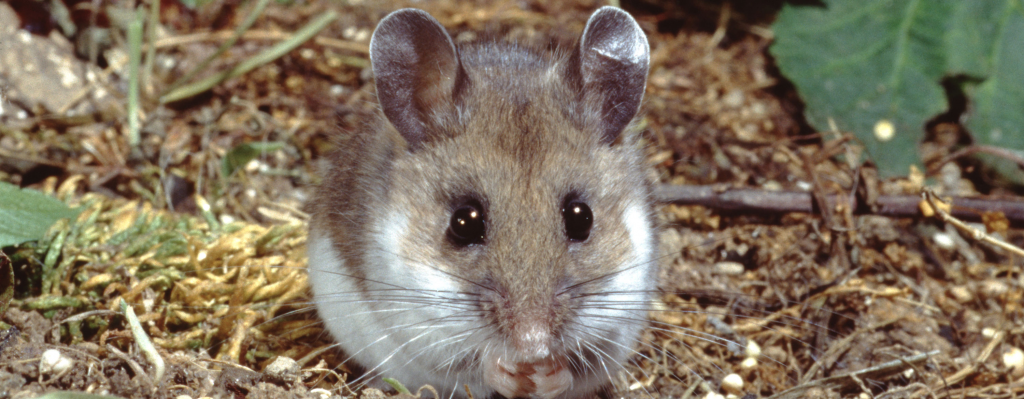
Ferrets
Ferrets are obligate carnivores, which means they eat primarily meat. Ferrets require high-quality food rich in animal protein and fat. Avoid foods containing grains or vegetables as these can cause health concerns. Fresh meat such as chicken or turkey can be served as a treat. Always verify that the meat is cooked and bone-free.
Rabbits
Rabbits are herbivores and require a high-fiber diet. Hay is the foundation of a rabbit’s diet and should be readily available at all times. In addition to hay, rabbits should be fed a range of fresh vegetables, including leafy greens, bell peppers and carrots. Fruits can be offered as treats but they should be limited due to their high sugar content. Pellets designed for rabbits can also be used although they should not be the primary component of the diet.
Amphibians
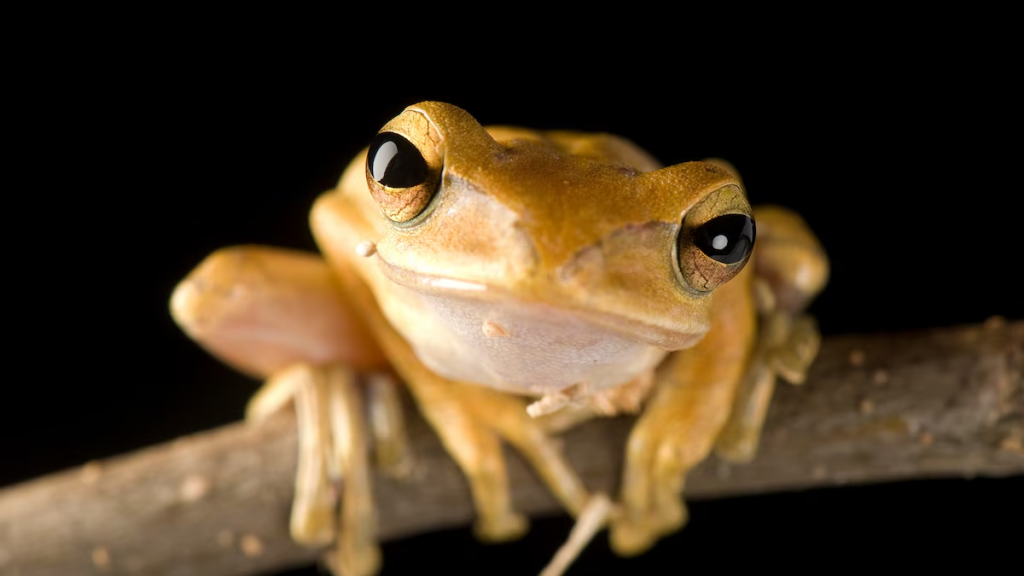
Frogs
Frogs are primarily carnivorous and their food varies according to species. Common pet frogs, such as the African dwarf frog consume small insects and invertebrates. Provide a range of live and frozen feeds including bloodworms brine shrimp and crickets. To avoid nutritional inadequacies dust the insects with a calcium supplement.
Newts and Salamanders
These amphibians also require a carnivorous diet which includes tiny invertebrates and insects. Earthworms, bloodworms and daphnia can be eaten live or frozen. To achieve optimal bone health their diet like that of frogs should include calcium supplements.
Tips for Feeding Exotic Pets
- Research: Every exotic pet species has unique dietary needs. Conduct extensive study or seek the advice of an exotic pet specialist veterinarian.
- Variation: Provide a diversified diet to ensure that all nutritional requirements are covered. Avoid providing just one type of food.
- Supplements: To avoid deficiencies, use supplements as suggested particularly for reptiles and amphibians.
- Observation: Keep track of your pet’s food habits and overall health. Any changes in appetite or behavior could suggest nutritional concerns or health problems.
Conclusion
Feeding exotic pets demands knowledge and effort. Understanding and meeting their individual nutritional demands ensures their health, longevity and overall well-being. A well-balanced diet customized to your exotic pet’s individual needs will help prevent many common health problems and improve their overall quality of life. To ensure that your pet’s dietary needs are met always check with a veterinarian who specializes in exotic pets. With the proper care and attention your exotic pet will thrive and bring you delight for many years.
People also search for: Four-Eyed Opossum: The Secretive and Adaptable Marsupial(2024)


